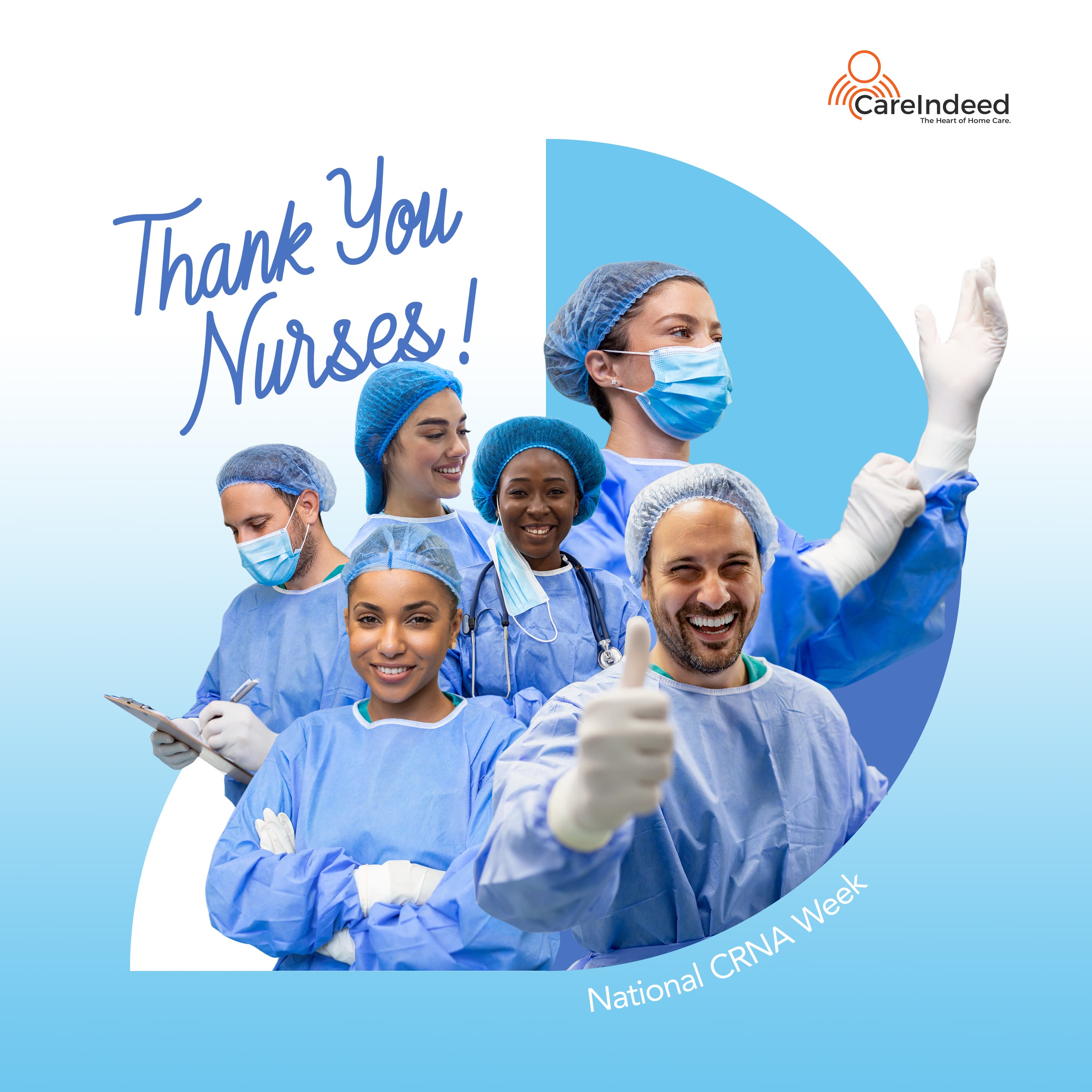Every year, the last week of January is dedicated to recognizing and celebrating the hard work and dedication of Certified Registered Nurse Anesthetists (CRNAs) across the country. This year, National CRNA Week will be observed from January 21-27, 2024.
What is a Certified Registered Nurse Anesthetist?
A Certified Registered Nurse Anesthetist (CRNA) is an advanced practice registered nurse (APRN) who specializes in administering anesthesia to patients. They work in a variety of settings, including hospitals, surgical centers, and private practices, and are an integral part of the healthcare team.
CRNAs are highly trained and skilled professionals who have completed a rigorous education and certification process. They are responsible for administering anesthesia, monitoring patients during surgery, and managing pain before, during, and after medical procedures.
The History of CRNAs
The first nurse anesthetist was Sister Mary Bernard, who administered anesthesia to wounded soldiers during the Civil War. However, it wasn't until the early 1900s that nurse anesthetists became a recognized profession.
In 1956, the American Association of Nurse Anesthetists (AANA) was formed to represent the interests of CRNAs and promote the profession. Today, there are over 57,000 CRNAs in the United States, making up more than half of the anesthesia providers in the country.
Why is National CRNA Week Important?
National CRNA Week is an opportunity to recognize and celebrate the contributions of CRNAs to the healthcare industry. It also serves as a platform to educate the public about the important role that CRNAs play in patient care.
Raising Awareness of CRNAs Despite being an essential part of the healthcare team, many people are not aware of the role that CRNAs play in patient care. National CRNA Week is an opportunity to raise awareness and educate the public about the important work that CRNAs do in the field of elderly care, in-home care, adult daycare, and geriatrics.
Recognizing the Hard Work and Dedication of CRNAs CRNAs work long hours and are often on call, making sacrifices to ensure that patients, especially the elderly, receive the best possible care. National CRNA Week is a chance to recognize and appreciate the hard work and dedication of these unsung heroes of healthcare who play a crucial role in geriatric care.
Promoting the Profession National CRNA Week is also an opportunity to promote the profession and attract new talent to the field of elderly care and geriatrics. With the demand for healthcare professionals in these areas on the rise, it is essential to showcase the opportunities and rewards of becoming a CRNA specialized in providing care for the elderly, both in-home and in adult daycare settings.
The Benefits of Becoming a CRNA
Becoming a CRNA offers many benefits, including a competitive salary, job security, and opportunities for growth and advancement in the field of geriatrics.
Competitive Salary According to the Bureau of Labor Statistics, the median annual wage for nurse anesthetists in 2019 was $174,790, making it one of the highest-paying nursing specialties. CRNAs specializing in geriatrics can expect competitive salaries in the elderly care sector.
Job Security As the demand for healthcare services, including in-home care and adult daycare for the elderly, continues to rise, the need for CRNAs specialized in geriatrics will also increase. This means that CRNAs can expect job security and stability in their careers, particularly in the field of elderly care.
Opportunities for Growth and Advancement CRNAs specializing in geriatrics have the opportunity to work in a variety of settings catering to elderly care, such as in-home care agencies and adult daycare centers. They can also specialize further in areas such as comprehensive geriatric assessment or end-of-life care. CRNAs can further advance their careers through continuing education, seeking certification in geriatric nursing, and pursuing leadership roles in geriatric care settings.
If you are interested in a career in healthcare, particularly in providing specialized care for the elderly, similar to becoming a CRNA, you may visit available job openings in the field of elderly care, in-home care, and adult daycare to explore opportunities to contribute to geriatric care: https://careindeed.com/healthcarestaffing
National CRNA Week is an opportunity to recognize and celebrate the hard work and dedication of Certified Registered Nurse Anesthetists, especially those specializing in geriatrics. These highly skilled professionals play a crucial role in providing anesthesia and pain management to geriatric patients, contributing to their overall well-being in the context of elderly care, in-home care, adult daycare, and geriatrics.
If you are considering a career in nursing, becoming a CRNA specialized in geriatrics offers many benefits, including a competitive salary, job security, and opportunities for growth and advancement in the field of geriatric care. So, take some time this National CRNA Week to learn more about this rewarding and fulfilling profession and its impact on elderly care and geriatrics.
